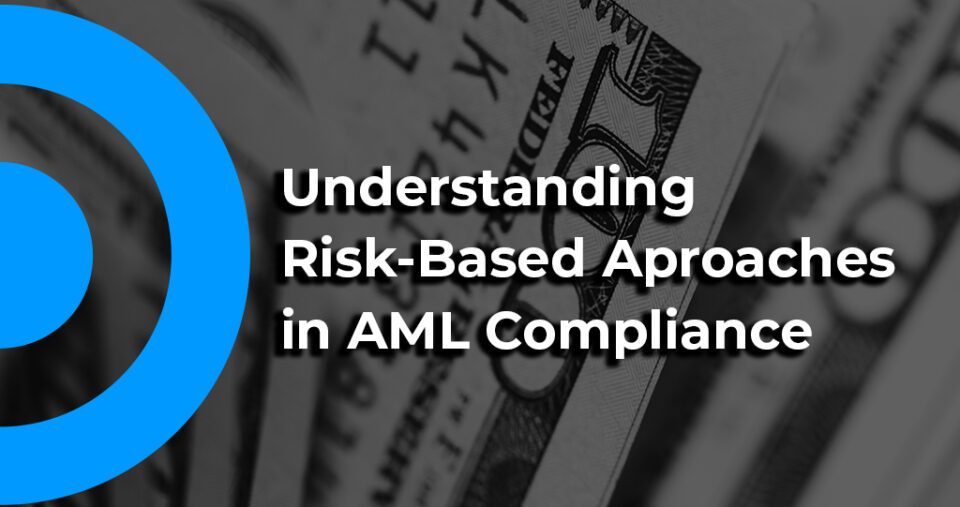
What is the EU Anti Money Laundering Action Plan?
December 29, 2020
Digital transformation now a key priority for APAC banks
April 9, 2021Introduction
In a period of growth for the payment industry, the news of a company’s insolvency hits particularly hard. Payment services provider, Supercapital Ltd’s insolvency, in 2019, has had a serious impact on banks, brokers, financial intermediaries, and customers. Therefore, reducing the Risks of Insolvency is important.
A deep Dive
The story of Supercapital’s insolvency highlights the importance of regularly reviewing letters and terms and conditions held with safeguarding credit institutions – and assuring the strength of the safeguarding procedures themselves. Despite Supercapital’s established status in the market, it was challenged by the demands of meeting safeguarding and other requirements. The case is a reminder of the consequences of overlooking the details of routine processes and procedures.
In light of these issues, it’s no surprise that the UK government is currently undertaking a consultation process to gain feedback on proposed insolvency changes for payment and e-money institutions to help in reducing the Risks of Insolvency. It aims to boost confidence in the sector by improving outcomes for both customers and markets. The changes will add to those the FCA made earlier this year to its rules around client money custody at e-money and payment companies.
The Supercapital case demonstrates that even when an organization has an established status and reputation, failure to address the finer detail can still leave it significantly vulnerable to failure. While the insolvency of Wirecard in 2020 had different causes, it again highlights the need for a more precise focus on compliance and regulatory requirements.
The financial and reputational fallout from insolvency is significant and enduring. To reduce the risks, payment institutions need to be ready to respond effectively to opportunities without losing their focus on the crucial details of compliance. Independent expert support can help companies ensure that they fully meet all their operational, corporate governance, regulatory, and risk management obligations while maximizing commercial opportunities.
Conclusion
At PayCompliance, we have 18 years of experience in assuring payment institutions success across six countries. Our comprehensive product range includes consulting, financial auditing, and licensing services.
For more information go to: PayCompliance.com



